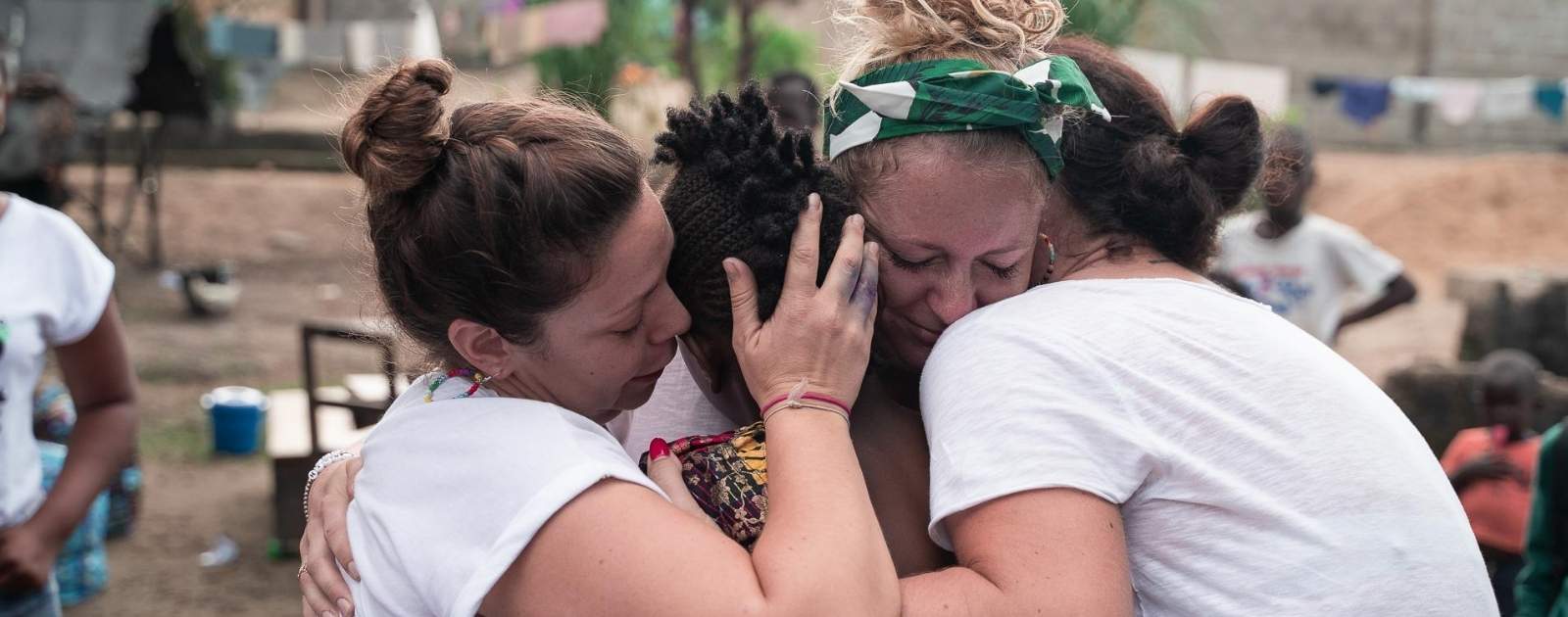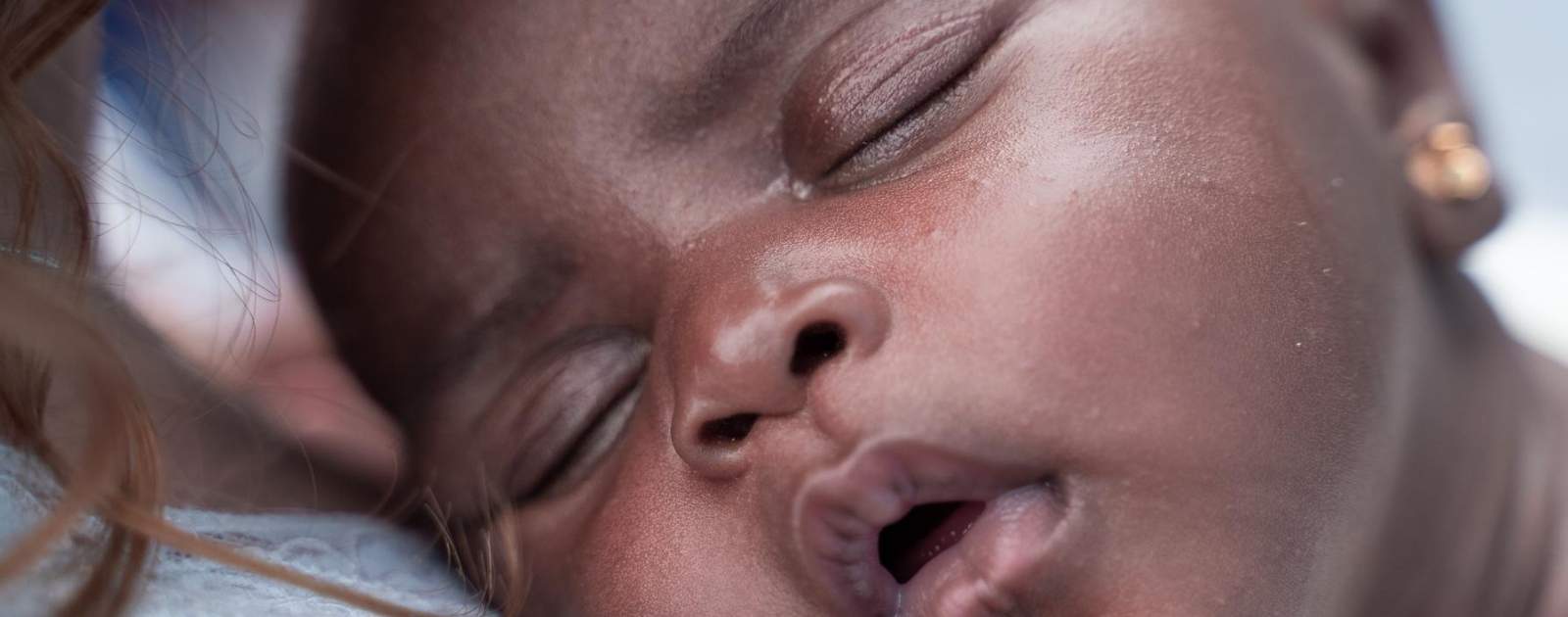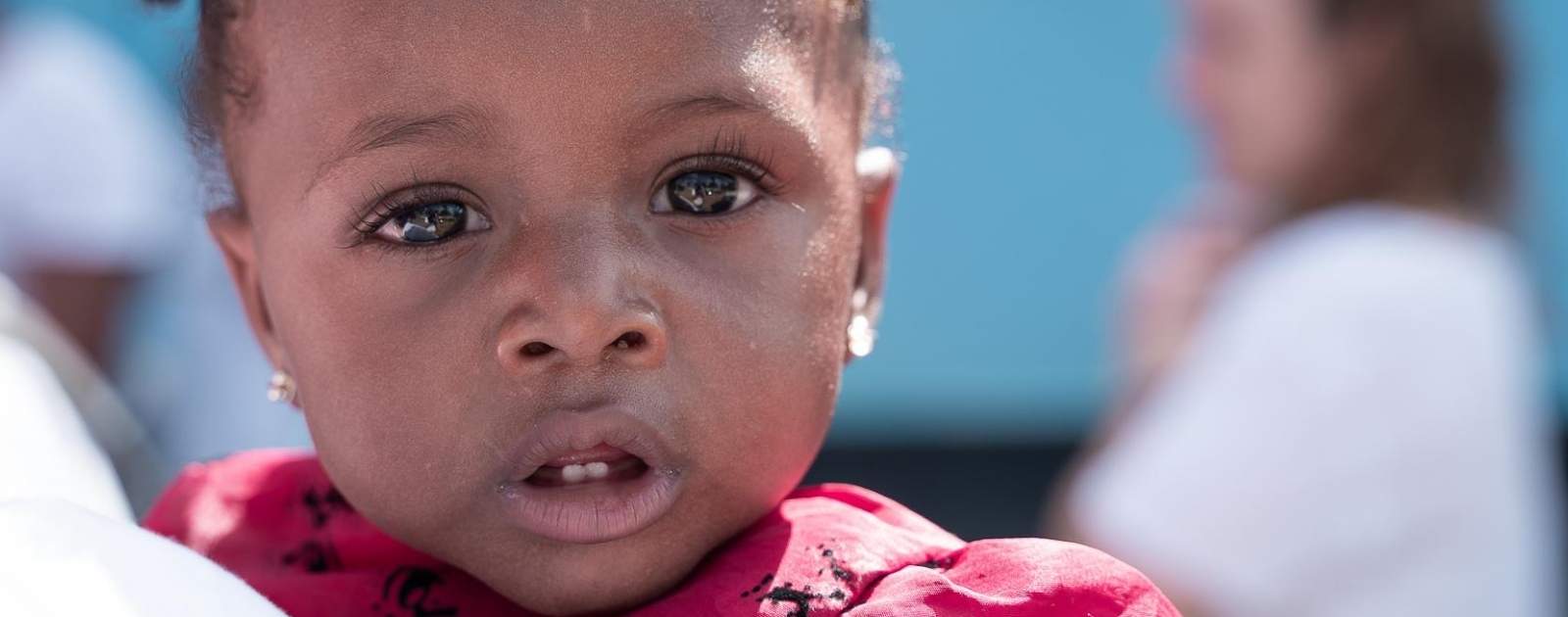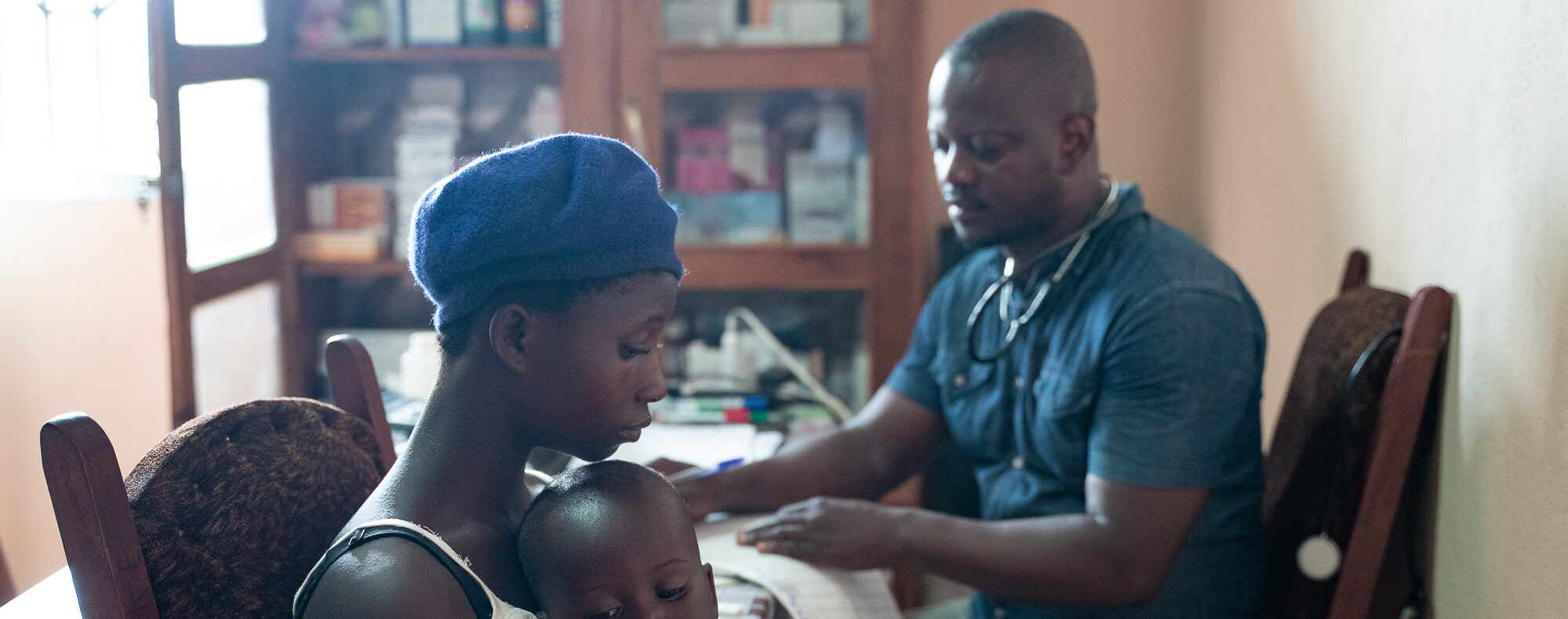SIERRA LEONE





HOPE Project
HOPE – a project for hope and children’s rights!
With our HOPE Project, we support girls experiencing their darkest moments. Some of the girls involved in our project are victims of violence and sexual abuse. And as if that wasn’t bad enough, many of these young women have fallen pregnant as a result of the abuse, as well as often being thrown out by their own families, suspended from school education and left alone to deal with life and all of its obstacles with no protection whatsoever.
Children have the right to safety, care, education and support. We strongly believe that defending and actively advocating children’s rights is the most important task in the world.
In cooperation with our heroic local partner association, the NGO “commit and act”, we provide care and support for these victims at our two locations in Makeni and Bo, Sierra Leone (West Africa). We have a long-term commitment to working to pave the way back to a normal life for both young mothers and their children. Our locations offer pregnant girls and, further down the line, their newborns protection, support, care, hope and the chance to have a future.
To demand rights, you first have to know what they are. This is why we teach the girls involved in our HOPE Project all about their and their children’s rights. Our experienced social workers help the girls to successfully settle into their role as mothers and provide them with support in facing all of the worries and challenges involved in their new lives. Our team in Sierra Leone accompanies the girls to court, the police station or even the scene of the crime, ensuring that they have support whenever they need it. The members of the team also work further afield, visiting schools and villages to provide information, answer questions and have a preventative impact. It is essential that we tackle violence and injustice at their core and help the girls in our projects to process their trauma.
In 2014, more than 90 children in the Kalia region of Sierra Leone lost their parents during the Ebola epidemic. We set ourselves the task of supporting and providing for these orphans – even though the challenge was far beyond our capabilities back then.
We started by delivering food to the children when all structures had collapsed. We then gradually re-established and improved access to education, medical care and opportunities to become more self-sufficient. To achieve these developments, we had to build a school, employ teachers, purchase a rice and cassava processing machine and construct a building for agricultural purposes, all goals that were progressively achieved step-by-step. At present, 220 children in the region are able to go to school in a new building that did not exist back in 2014. Seven teachers give lessons at the school every day and additionally attend further education courses themselves. Workshops are also held to strengthen children’s rights because after all, we can only achieve change on a long-term basis by means of education and elucidation. Only when children have an ‘intact’ environment can they have a good, settled life. This is why we support foster parents by providing microloans or starter loans for community projects focusing on farming and livestock breeding. Our local social workers and medical staff are at the heart of our activities in the Kalia region and work tirelessly day after day to provide those involved in the project with a secure future and more humanity.
Our overall aim is to give the local residents lasting independence so that our organisation can gradually withdraw its support before they become dependent on us.
‘Giving people wings’ and securing the basic rights of children is the overarching goal of all of our projects, which we establish and develop in cooperation with the various communities involved.
Sierra Leone
Sierra Leone is located in West Africa and is approximately the same size as Ireland or the German state of Bavaria. The name “Sierra Leone” roughly translates to “Lion Mountains”, and despite its turbulent past, it really is a beautiful country. The civil war in Sierra Leone took place between 1991 and 2002. In 2014, the country then faced an Ebola epidemic. Both of these events claimed thousands of lives and brought the development of the nation to a standstill. Even now, Sierra Leone is still one of the poorest countries in the world. It has an extremely high infant mortality rate and just 0.002 doctors per 1,000 residents, as well as only four hospital beds for every 10,000 residents. ONE DAY in Sierra Leone We have been active in Sierra Leone since 2015. Our local independent partner organisation, “commit and act, Sierra Leone”, supervises our activities on location and implements projects that we have coordinated together in advance.